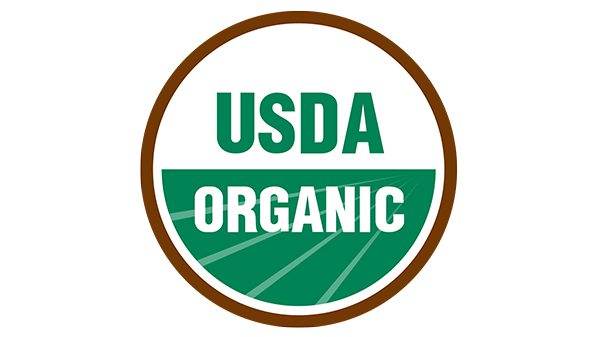April 25, 2024 Washington, DC – In testimony and comments delivered to the U.S. Department of Agriculture’s National Organics Standards Board (NOSB), members of the International Fresh Produce Association’s BB #:378962 Food Safety and Government Relations teams urged the agency to continue its use of objective, science-based decision making as the NOSB considers proposed changes to the National List of Allowed and Prohibited Substances.
“We urge the NOSB to consider our recommendations to the National Organics Program with specific attention to the need for adequate tools for fresh produce growers, for objective scientific review, and with an understanding of the diverse needs for the many crops, growing regions, and production methods in the organic industry,” said IFPA Director of Production and Environment Sara Neagu-Reed. “With a limited toolkit already, it is imperative that organic growers can continue to access these critical listed substances to combat pests and nurture plants in a variety of scenarios.”
Leveraging industry expertise and data provided by IFPA’s Organics Committee, the association provided feedback to the NOSB Spring Agenda on the following:
• Residue Testing for a Global Supply Chain. IFPA urged that NOSB ensure pesticide residue certifiers are adequately trained in proper sampling protocols (including chain of custody to safeguard accuracy and reduce cross-contamination) and understand the optimal time to conduct testing. The association provided additional commentary on science-based residue detection and how these methodologies are continually updated to recognized laboratory methods.
“Industry and regulatory agencies must collaborate to ensure current methodology is approved in a timely manner and that labs demonstrate required competencies and proficiencies in their verifications processes,” stated IFPA Vice President of Regulatory Compliance & Global Food Safety Standards Emily Moyer.
• Climate-Induced Farming Risk and Crop Insurance. Recognizing the existing gap in crop insurance availability for organic products, IFPA called on the NOSB to level the playing field for producers, specifically improvements in quality factor considerations during loss adjustment, ensuring agents have expertise in organic markets for revenue protection, and appropriate length of time needed for in-field adjuster review specifically cited as focus areas for the agency.
• Improving Support for Organic Transition Proposal. While supportive of NOSB assistance for organic transition, IFPA shared its members’ concerns over the adjusted gross income (AGI) limitation placed on various USDA programs, which often prohibits growers from participating in organic transition programs.
“There is previous evidence that medium-sized and larger farms have been kept from participating in organic transition programs because their income is over a certain threshold. While recognizing the importance of improving access to these programs for small and disadvantaged farms, IFPA believes that support for a wide array of stakeholders will ensure that growers can expand the organics market for consumers nationwide,” Neagu-Reed noted.
• Inert Ingredients in Pesticide Products. In its comments, IFPA cautioned against listing all inert ingredients individually on the National List as doing so would dramatically increase the number of substances subject to sunset review.
“Individual listings will create unnecessary risk in the ability of NOSB to conduct sunset reviews in a timely manner. The NOSB should prioritize refining an inert ingredients list where ingredients that can be approved as a whole, rather than individually in the current system, as well as collaborate with staff and specialists at the Environmental Protection Agency to ensure accuracy of ingredients and their use,” Moyer commented.
Other topics addressed in IFPA’s comments were compost production for organic agriculture and 2026 Crop Sunset Reviews on many production inputs (hydrogen peroxide, ammonium soaps, horticultural oils, pheromones, ferric phosphate, potassium bicarbonate, and magnesium sulfate), as well as peracetic acid/peroxyacetic acid as an antimicrobial in washwater and for sanitization of produce handling tools and equipment.
With organics policy a key part of IFPA’s advocacy agenda for 2024, Neagu-Reed will represent IFPA and its members’ interests on these topics and more during the NOSB Spring Meeting scheduled for April 29-May 1 in Milwaukee, Wisconsin.
About the International Fresh Produce Association (IFPA)
The International Fresh Produce Association (IFPA)?is the largest and most diverse international association serving the entire fresh produce and floral supply chain and the only to seamlessly integrate world-facing advocacy and industry-facing support. We exist to bring the industry together to create a vibrant future for all. We grow our member’s prosperity by conducting advocacy; connecting people and ideas; and offering guidance that allows us all to?take action?with purpose and confidence.
Contact: Ashley Sempowski, ASempowski@freshproduce.com +1 (202) 303-3406



